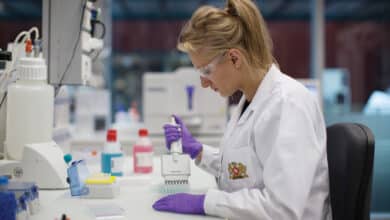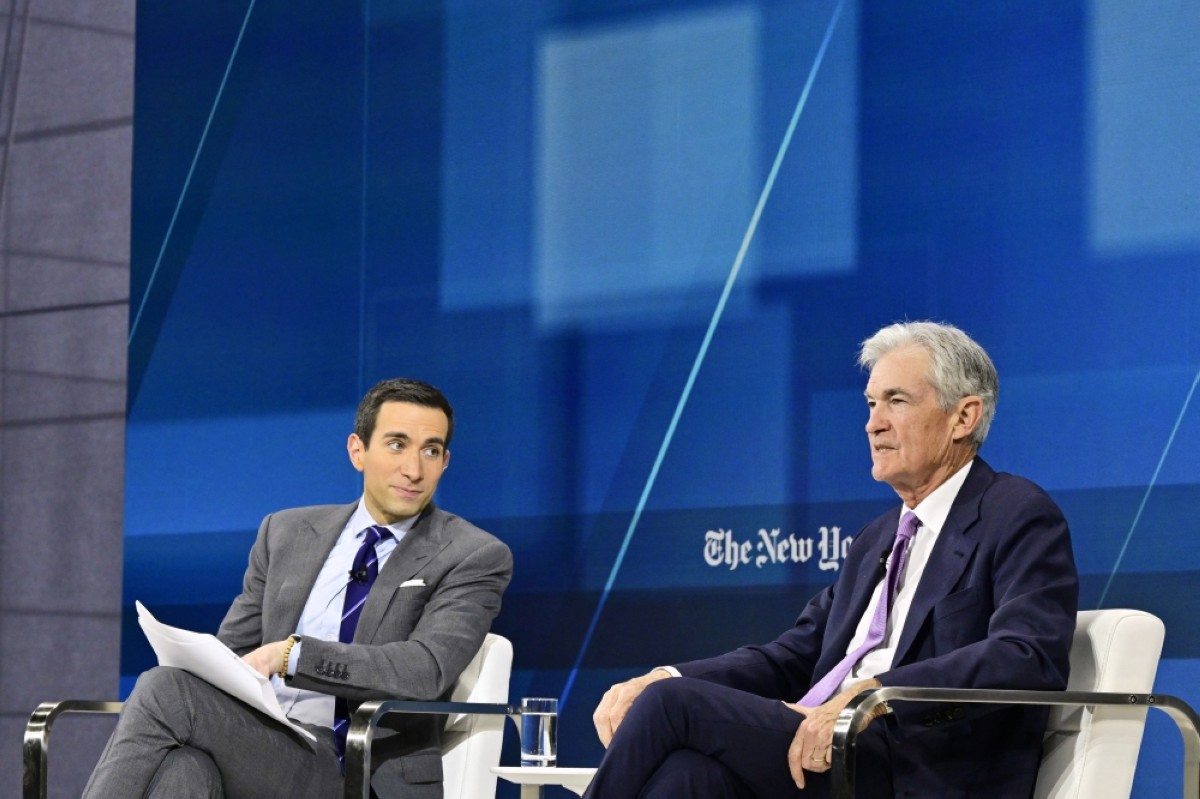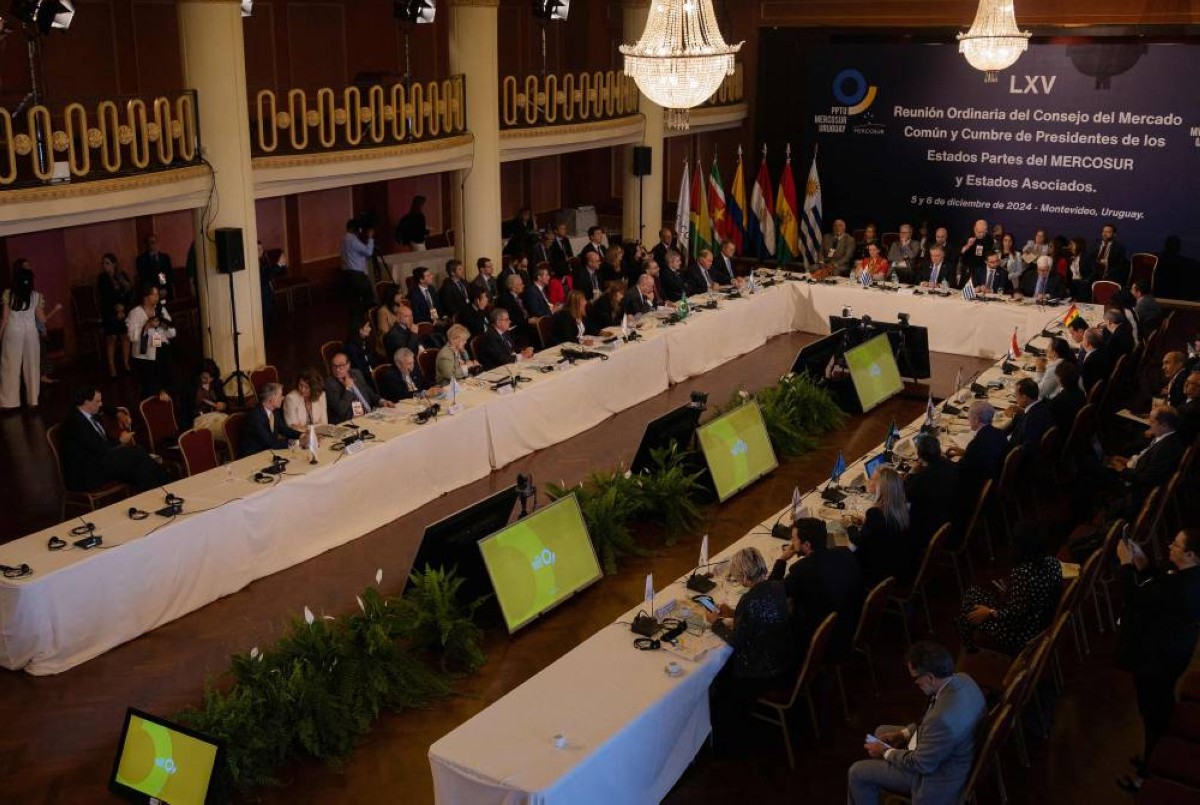How today’s age of misinformation is holding back progress
Harm reduction is a prominent topic among policymakers, business leaders and the general public, being an important contributor to a healthier, thriving society1.

But despite the advantages of harm reduction approaches to society, today’s lack of factual information, era of misinformation and a growing distrust of science2 threatens to erode the positive advantages brought by such practices.
There is a risk that when individuals lack the full facts related to harm reduction options and practices, they may be hesitant to take positive action out of fear or skepticism over the benefits of such positive action. Vaccine hesitation provides us with a timely example. A US study of data derived from leading social networks and directly from the Centers for Disease Control and Prevention found a correlation between misinformation and vaccine uptake. Where misinformation rose, vaccine uptake decreased3.
Digging deeper, evidence suggests that active misinformation isn’t the only hurdle to individuals being adequately informed about their health. A recent study released by the American Academy of Dermatology points to the dangers of a simple lack of understanding in other areas related to personal health4. The survey of more than 1,000 adults in the United States found that 67 percent of respondents believe that SPF 30 sunscreen offers twice as much protection from the sun’s harmful UV rays as SPF 15 sunscreen. Meanwhile, 43 percent are unaware that shade protects a person from UV rays.
Looking at nutrition, a research paper5 on the impact of consumer confusion on nutrition literacy and subsequent dietary behavior sheds light on the causes of uninformed consumers. The paper found that “inadequate nutrition information derived from unreliable sources, flawed baseline nutrition knowledge, and poor nutrition literacy” hold participants back from making healthier dietary choices.
Misinformation and a lack of access to the facts is also holding back progress towards a smoke-free future. In an international survey of more than 29,000 adults, we at PMI found that nearly half of respondents wrongly believed that e-cigarettes and heated tobacco products are more than or equally as harmful as cigarettes (around 45 percent for each product category). Meanwhile, according to the same survey, more than six-in-ten exclusive smokers (63 percent) would be more likely to switch to a better alternative (such as e-cigarettes or heated tobacco products) if they had clarity on how they differ from cigarettes and the science behind them6.
The examples shared above all point towards a need for greater transparency of factual information, open two-way dialogue, and a louder voice for science among all forms of media platforms if misinformation and misunderstanding related to personal wellbeing, in the broadest sense, are to be addressed. Misleading or inaccurate information, whether online or offline, has a very real impact on people’s perceptions and behaviors. At best, it leaves the public confused. At worst, it erodes their trust in facts, science, and expert guidance, and can lead them to make unwise and therefore unhealthy choices.
Ultimately, facts become too difficult to ignore. But we can achieve so much more, much faster, if we make a conscious effort to eliminate misinformation. Scientific evidence and transparency remain our strongest tools to achieve this and enable both men and women to make informed decisions.
Sponsored by Philip Morris Management Services (Middle East) Limited
1https://www.was=hingtontimes.com/video/harm-reduction/
2https://www.britannica.com/story/what-makes-people-distrust-science-surprisingly-not-politics
3https://www.nature.com/articles/s41598-022-10070-w
4https://www.aad.org/news/new-aad-survey-reveals-growing-importance-sun-protection
5https://core.ac.uk/download/pdf/185506774.pdf
6https://www.pmi.com/media-center/news/misinformation-a-major-threat-to-smoke-free-progress











